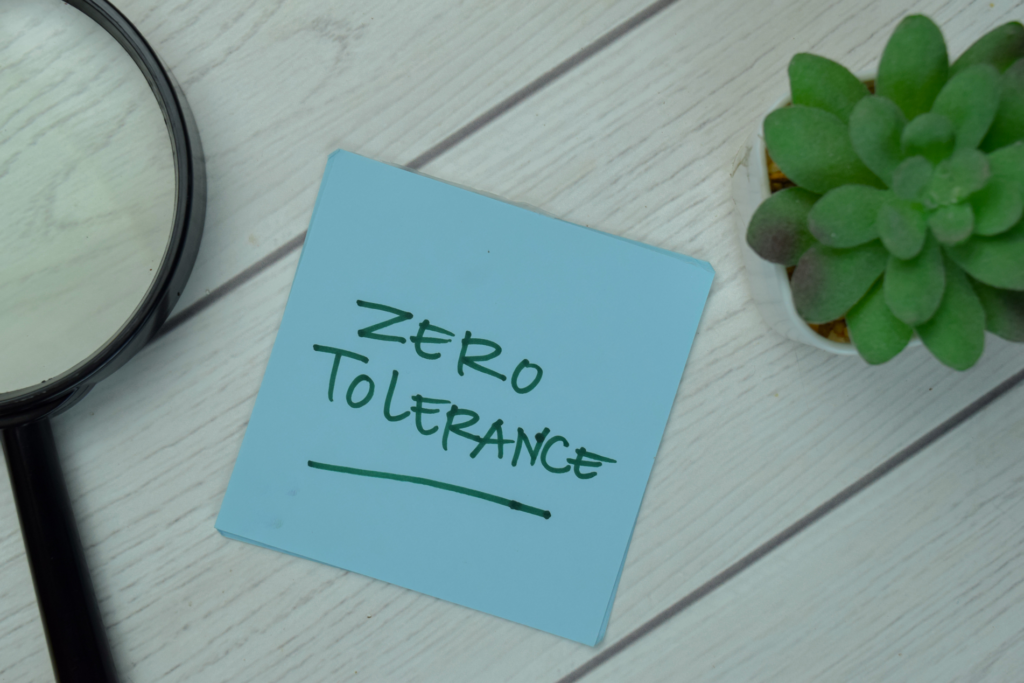Excellent experience start to finish – always very responsive to any queries and the turnaround on the property I was buying was very quick, even in the busy time leading up to stamp duty deadline. Jenny was always very helpful and went above and beyond to close on a short timescale.
More than ever organisations need to be more vigilant and prepared to address harassment in the workplace generally and specifically sexual harassment which is repeatedly at the centre of much media attention and coverage. It is imperative for employers to inform themselves about what processes and preventative steps they should take to protect themselves and their teams.
The Equality Act 2010
The Equality Act 2010 sets out the definition of general harassment as being when one individual harasses another by engaging in unwanted conduct which has the purpose or effect of violating that person’s dignity or creating an intimidating, hostile, degrading, humiliating or offensive environment. Whilst sexual harassment is defined as unwanted behaviour of a sexual nature which includes inappropriate physical contact, sexually suggestive remarks and sexually indecent acts.
In deciding whether conduct meets the above definitions, tribunals will consider the perception of the victim, the other circumstances of the case and whether it is reasonable for the conduct to have that effect.
Employers can be held vicariously liable for any acts of sexual harassment or abuse committed by one of their employees where another employee has asked them to act and they fail to do so. Other examples include failing to act to stop the creation of an environment that was intimidating, hostile, degrading humiliating or offensive to the complainant; and if the decision not to act was decided upon on grounds of the relevant protected characteristic.
In many instances, the perpetrator may not be at all aware of their actions or the effect it is having on their colleague(s). So, for example, a male or female individual may always put their hand on a colleague’s shoulder when speaking to them or hug them when walking past. Some individuals will think nothing of these actions. However, if they are unwanted and making the recipient feel uncomfortable, then it could amount to sexual harassment. In such instances, if the matter is raised, it can usually be resolved quickly, amicably and informally or by it being highlighted to a manager who can discreetly ask them to desist.
However, there are circumstances where the sexual harassment is of a much more serious nature but the risks are significantly increased when there is a power imbalance i.e. a CEO, directors, senior managers or team leaders in respect of their juniors, if alcohol is involved – such as at office parties or client events, or if there is lone working scenario, in which case a risk assessment is required with checks and contact numbers in place.
Protection and zero tolerance policies
Therefore, organisations should take heed and ensure both their employees and the organisation are protected by incorporating a number of key zero- tolerance policies in respect of harassment, including sexual harassment.
Firstly, an environment where employees and workers are able to come forward with concerns they have should be fostered. This should include open door policies, set individuals to approach, anonymity and a framework to assist and support those raising an issue. This can also only take form when organisations recognise that sexual harassment can take place against men as well as women. Systems need to be in place so both the complainant and an individual complained about feel that they will be heard.
Also, it is essential to implement a clear anti-harassment policy, which includes sexual harassment, that sets out examples of what amounts to harassment and what the potential consequences might be if it is found that an individual’s behaviour amounted to harassment.
Having a policy in place in of itself is, however, not sufficient. The policy needs to be brought to the attention of all employees and reviewed on an annual basis. Mandatory training should also be in place for managers, so they recognise situations and are able to deal with complaints efficiently, sympathetically and confidentially.
Further recommendations
Other recommendations include: minimising banter – whilst some individuals will take banter as a source of amusement within the workplace, there are others who will be offended and feel uncomfortable; reminders to employees prior to events where alcohol will be served that whilst they are there to have a good time, they should be mindful of their colleagues’/ guests’ mental and physical wellbeing; and ensuring that knee-jerk reactions are not taken when allegations are raised as the alleged perpetrator has an equal right to have their version of events fairly investigated before any decision is made.
You can contact Shiva about our Employment services by calling 0161 832 3304 or emailing [email protected]
Found this article useful? You might be interested in some of our others:



